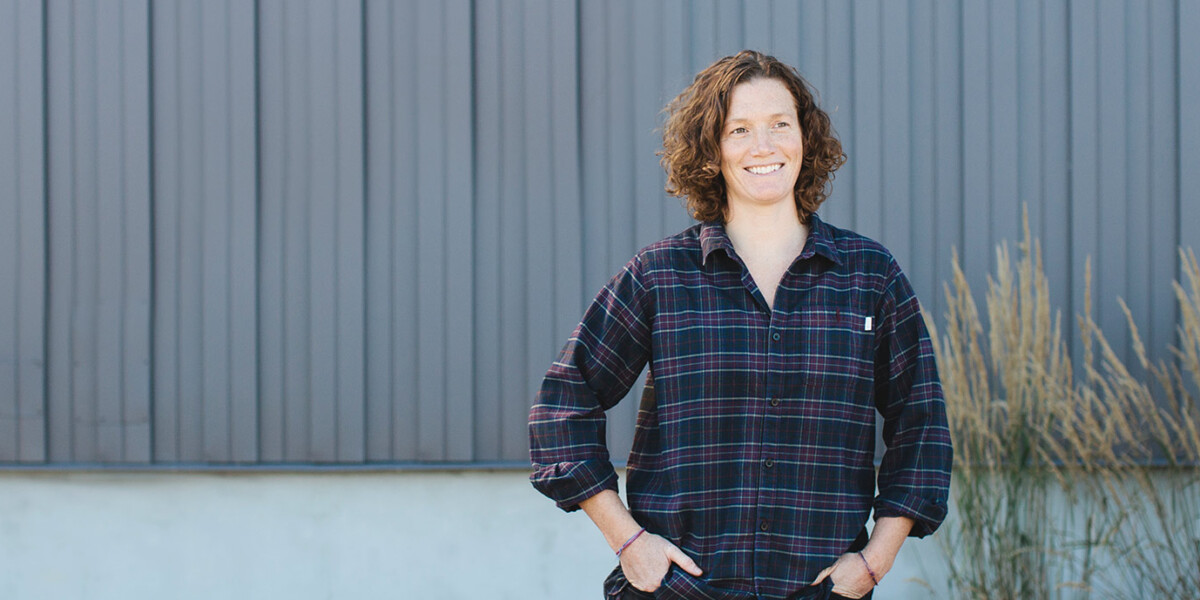Photo courtesy of Montefiore Medical Center.
By Sarah Tuff Dunn
Though she was born and raised in the Bronx, Nydia Guity’s early education was more of a small-town experience. “I went to P.S. 75x from kindergarten to eighth grade, and then Jane Addams Vocational High School—both were within a five-mile radius of where I lived.”
![]() So that turned leaving the Empire State for the Green Mountain State into one of wide-eyed wonderment. “Going to Vermont after graduating from high school was a huge culture shock and adjustment,” admits Guity ’09, who earned her degree from the UVM College of Education and Social Services.
So that turned leaving the Empire State for the Green Mountain State into one of wide-eyed wonderment. “Going to Vermont after graduating from high school was a huge culture shock and adjustment,” admits Guity ’09, who earned her degree from the UVM College of Education and Social Services.
Even more drastic adjustments were ahead, as Guity switched majors and eventually found her place in the field of social work. Today, as a licensed clinical social worker for Montefiore Medical Center in Atlanta, Guity is part of a nationwide movement integrating physical and mental health in community outreach.
Moments of reflection are rare for Guity, who says of the demands of working at a medical center in a big city, “I don’t really think about it—I just do it.”
Did you always want to be a social worker?

I didn’t. I was originally a nursing major and, at the time, adjusting culturally to UVM, and the coursework of a nursing student was overwhelming. In the spring semester of my sophomore year, my GPA dropped and I was kicked out of the nursing program and placed on probation by the University. In order to return to UVM, I had to write an appeal letter and get support letters. My grades were poor, but that didn’t capture how much effort I was putting in to manage what was expected of me.
I was able to get support letters from the ALANA Student Center and the Trio program showing how often I went to tutoring services. I remember it being something astronomical like 30-plus sessions respectively for three to four classes over a four-month period.
In the end, if I wanted to return to the nursing program, it meant that I had to complete an extra two semesters. The goal since I was admitted was to graduate in four years—May 24, 2009 was drilled into my head—so I changed my major to social work.
You worked as an intern for Inwood Community Services. What was that like, handling the assessments of people seeking mental health services?
It was a very rich learning experience. Social work in Vermont is very different from social work in New York. I was able to really learn how in theory things are different to how its plays out in practice. I learned to use my ingenuity and be very flexible to meet the client’s needs and caseload management expectations.
Bilingual psychotherapy is also among your skills. What advice can you offer on the value of communication, and the value of clear communication in tricky subject matters?
Listen. Clients are the expert on their own lives. When I learned to listen more than I talked, my job truly became rewarding. I am here to help clients help themselves. I think it’s empowering to be an ally with a client and provide the space and guidance he or she needs in order to progress.
How do you cope with the stress of your job?
I write in my journal almost every night, on average four to five times per week. I have a section where I write five things I am grateful for. It keeps me sane and in a space of gratitude.
And you’ve done some crochet?
I learned how to crochet from watching YouTube videos. I stopped after a year because my right finger started clicking. I have made a few baby blankets, hats, and scarves.
Why is mental health such a key aspect of social work today?
Primary care is moving toward integrated care and seeing clients from a holistic standpoint. Mental health is very related to physical health, and when everything works together for the client, services can be more efficient and effective.
What are the greatest challenges of your job?
Paperwork—there is always paperwork. If you don’t write it, it didn’t happen.
And the greatest rewards?
When clients achieve goals and the case is discharged. Or when a client shows gratitude for something that I did that in my mind is miniscule.
What tips do you have on pursuing a career in social work?
Always remain a student. Be flexible and a team player.
-Sarah Tuff Dunn is a freelance writer and editor living in Shelburne.




